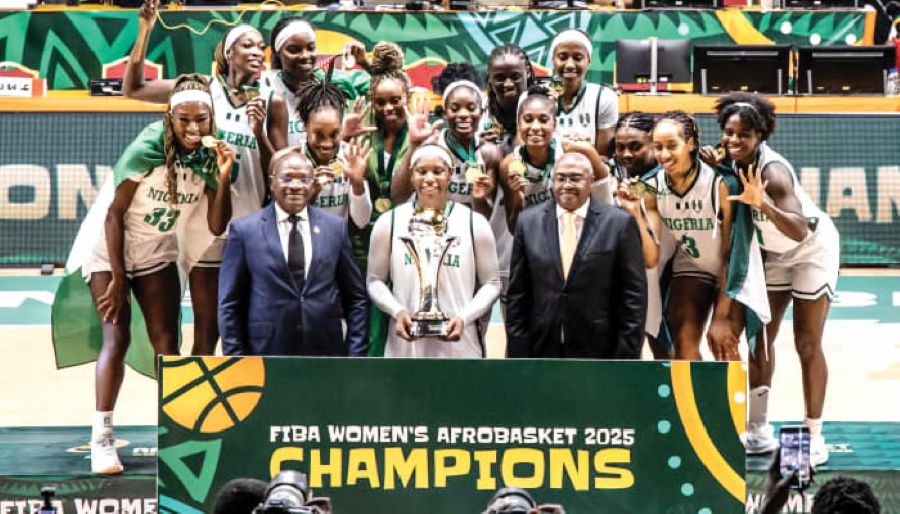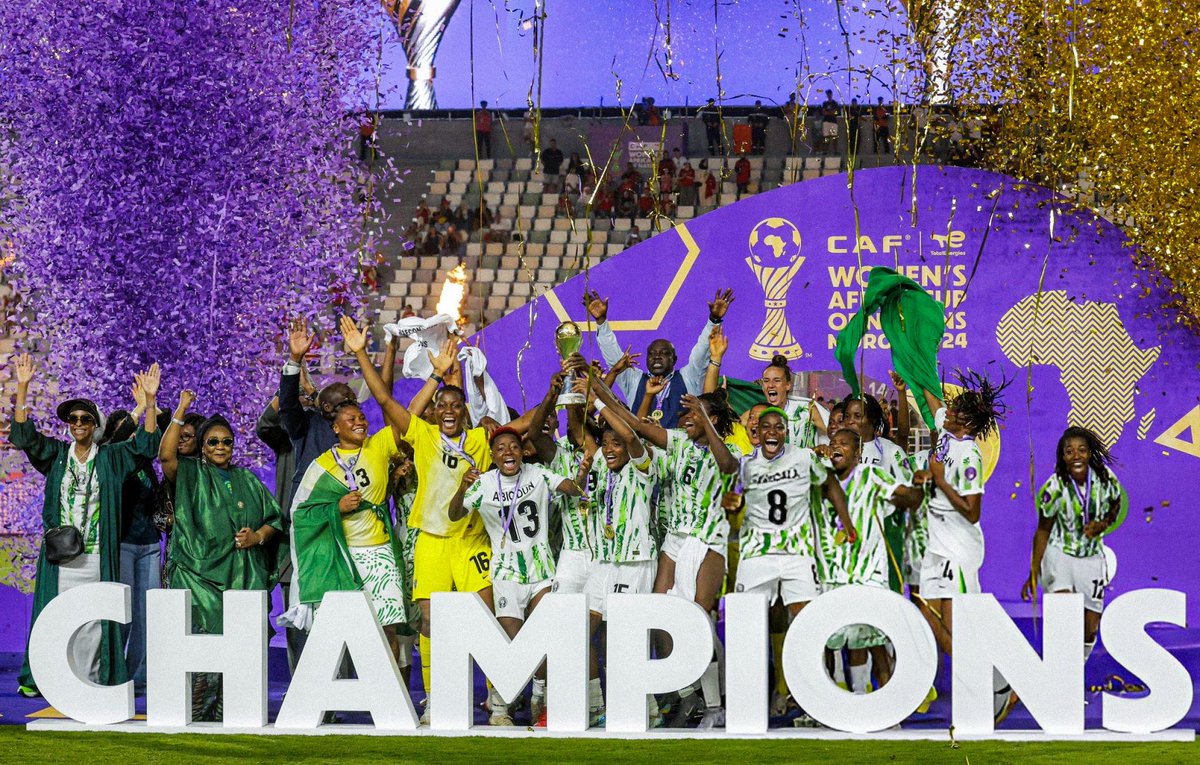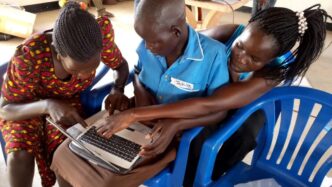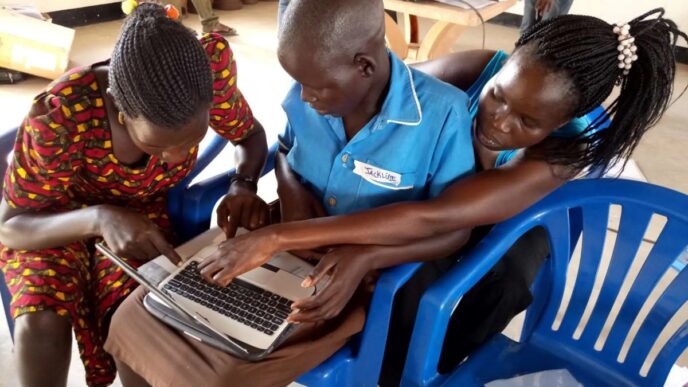In a country where applause comes after the final whistle, Nigeria’s female football and basketball teams have once again delivered glory on the continental stage, and the government has responded, not with structural reform or long-term plans, but with a $100,000 cash reward, properties and national honours for the team and their coaching staff. The rewards, while generous, have ignited a broader debate about Nigeria’s approach to sports governance.
Beneath the celebration lies a festering wound that exposes how deeply Nigeria has normalised rewarding results while ignoring the broken processes that make sustained success nearly impossible.
The Super Falcons, fresh off their WAFCON dominance, and the D’Tigress, now six-time African champions, have become national heroes. Yet, most of the players who wore the green and white jersey do not live or work in Nigeria. They honed their skills in Europe, North America, and other countries with their functioning leagues, reliable pay, and training facilities that don’t resemble abandoned schoolyards they left behind in their home country.
Yet barely three years ago, they were forced to boycott training during Wafcon over unpaid match bonuses, a pattern that had repeated itself after previous editions. Their basketball counterparts, D’Tigress, faced similar neglect, with a two-year ban from international competition in 2022 due to administrative disputes, only lifted after public outcry. Even at the 2024 Paris Olympics, the basketball team was denied entry to the opening ceremony boat by their federation, a humiliating oversight.
Back home, Nigeria’s women’s leagues remain in ruins, underfunded, under-promoted, and barely surviving. The few clubs that still exist are plagued with poor wages, substandard pitches, and a lack of media visibility. Young girls with dreams of becoming the next Asisat Oshoala or Amy Okonkwo have little to aspire to within their own borders. Like many citizens, they too are looking to ‘japa’ in search of greener pastures.
It feels like a national contradiction, where there is a nationwide celebration built on systems that exist abroad while ours are starved of attention and investment.
Yet, this contradiction isn’t new or unique to sports. It reflects a wider national ethos where success or the semblance of it is celebrated, but the road taken to get there is rarely questioned. In politics, business, and even entertainment, the spotlight is cast only on outcomes. No one seems to ask, “How did you make it?” only “How much do you have?”
$100,000 handout is symbolic of this. It’s easy, flashy, and makes for good headlines. But it also reinforces a message: the system doesn’t need to work, just the scoreboard. This short-termism ensures that glory becomes an accident, not a tradition.

The irony is almost painful. At a time when global conversations around women’s sports are centred on equity, visibility, and sustainable investment, Nigeria claps for heroes it refuses to build. While other nations invest in grassroots development and institutional reforms, we throw money at the finish line, ignoring the empty tracks behind.
Worse still, the reward culture fuels a mindset among the youth that legitimacy only comes through visible wealth, no matter how it was earned. Athletes, influencers, politicians, and fraudsters are lumped into the same admiration circle. Integrity has been traded for clout.
If Nigeria is serious about making sporting excellence more than just a stroke of luck, then it must look beyond the podium. That means fixing the leagues, enforcing contracts, investing in coaching, and building safe spaces for young talent to rise right here at home.
Until then, victories will come, but they’ll remain hollow. And while the champions deserve their flowers and even their bonuses, the country must ask itself: are we building legacies, or are we just buying moments?
.


 Trending
Trending 




